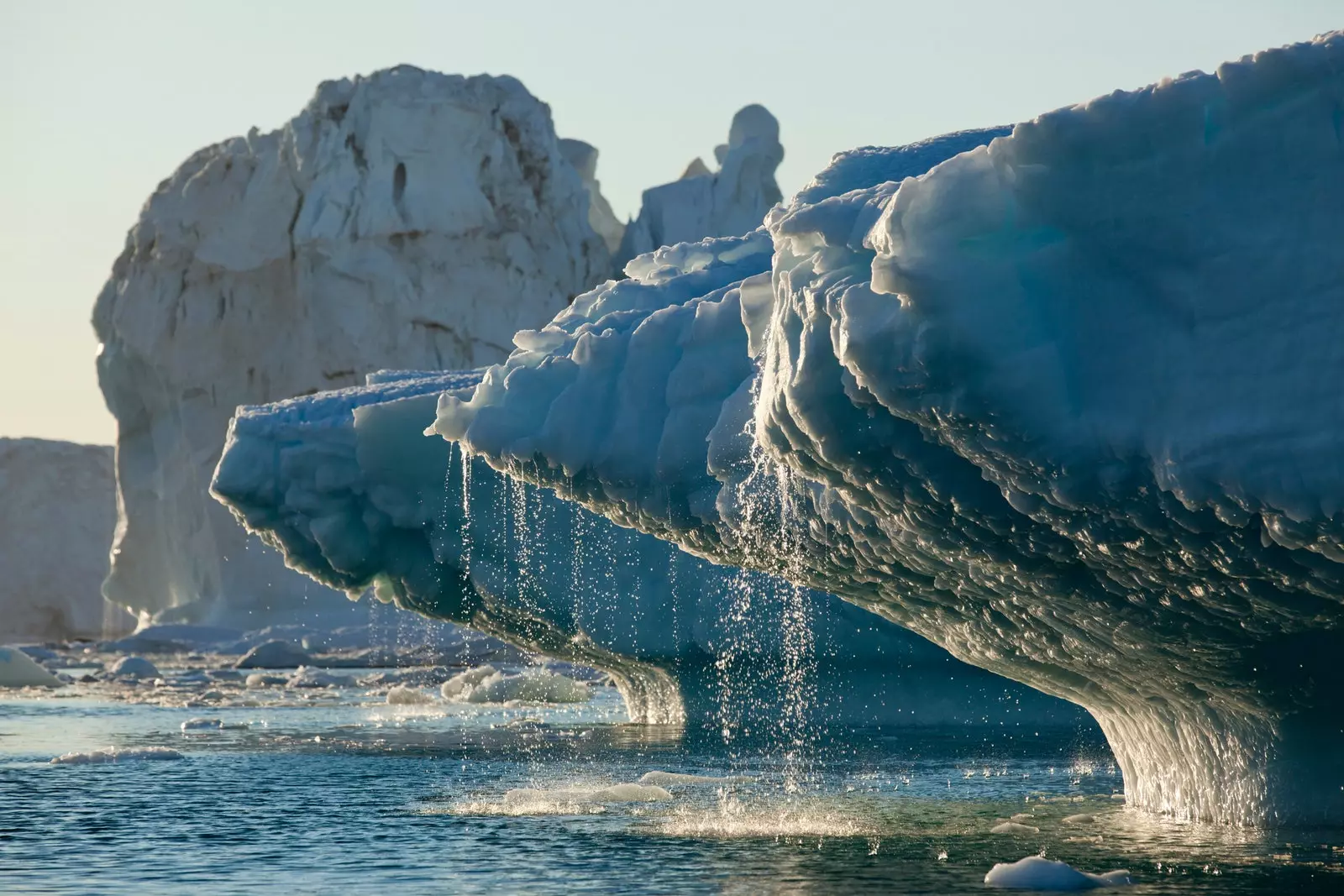
2019, the worst melting year for Greenland.
On July 29, the Earth's resources were exhausted . The so-called Overshoot day by the Global Footprint Network, which has been studying the resources of our planet since 1970, has become a reality.
But the consequences have been beginning to show for a long time. This summer Death Valley in California reached 54.4ºC, temperatures that have caused the worst fires in its history. While in the Arctic,** the melting is more than evident**, it was pointed out by NASA radars, which have been recording it since the year 2000.
Magazine Communications Earth & Environment adds one more piece of information to corroborate it. According to his investigations extracted after the space missions of the GRACE and GRACE-FO satellites, 2019 was an unprecedented year for Greenland ice loss . In the month of July alone, a decrease of 223 gigatons was recorded.
Compared to the total number of 2019 it is quite surprising. But as a whole it has already been a catastrophic year because** Greenland suffered an ice mass loss of 532 gigatons**, 15% more than in 2012. Curiously, this figure reverses the trend of lower loss that had been recorded in the periods of 2017-2018, when it was only 100 GT per year.
The reason seems to be due to two cooler than normal summers and the amount of snowfall in autumn and winter. In 2019, however, these weather conditions reversed creating the opposite climate: advance of warm mid-latitude air masses towards northwest Greenland , that is, less snowfall and more heat.
According to the report, published on August 20**, between 2003 and 2016 the melting of Greenland has been one of the largest contributors to the rise in sea level**. Greenland normally contributes 0.73 mm per year of the total of about 3.5 mm per year of average increase between 2005 and 2017. The increase from last year alone would be equivalent to 1.5 mm per year.
The cause? There are several factors that could explain it, one of them for the researchers is the incessant increase in carbon emissions into the atmosphere. In fact, as the BBC states, if the trend continues like this, Greenland could be “melted” by 2100.
That would mean that 25 million people would be affected. The most effective solution in the short term would be to stay within the CO2 limits set to reverse global warming. Will it be possible?
